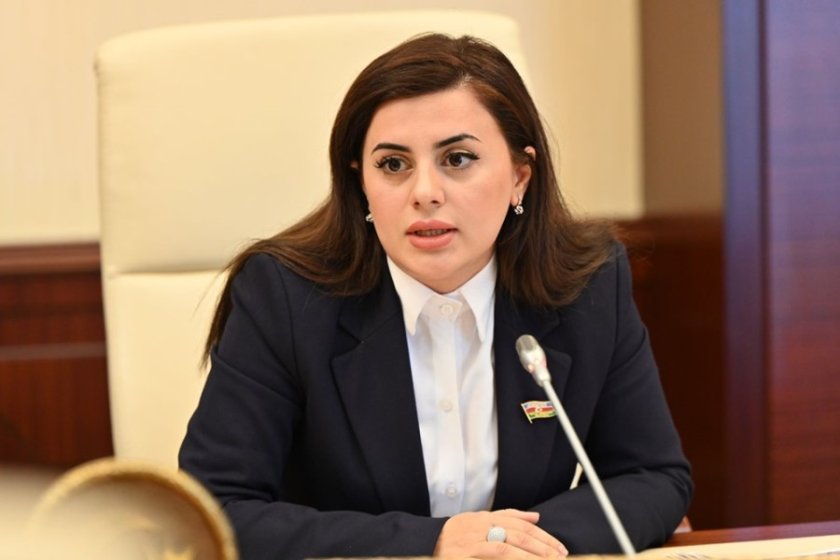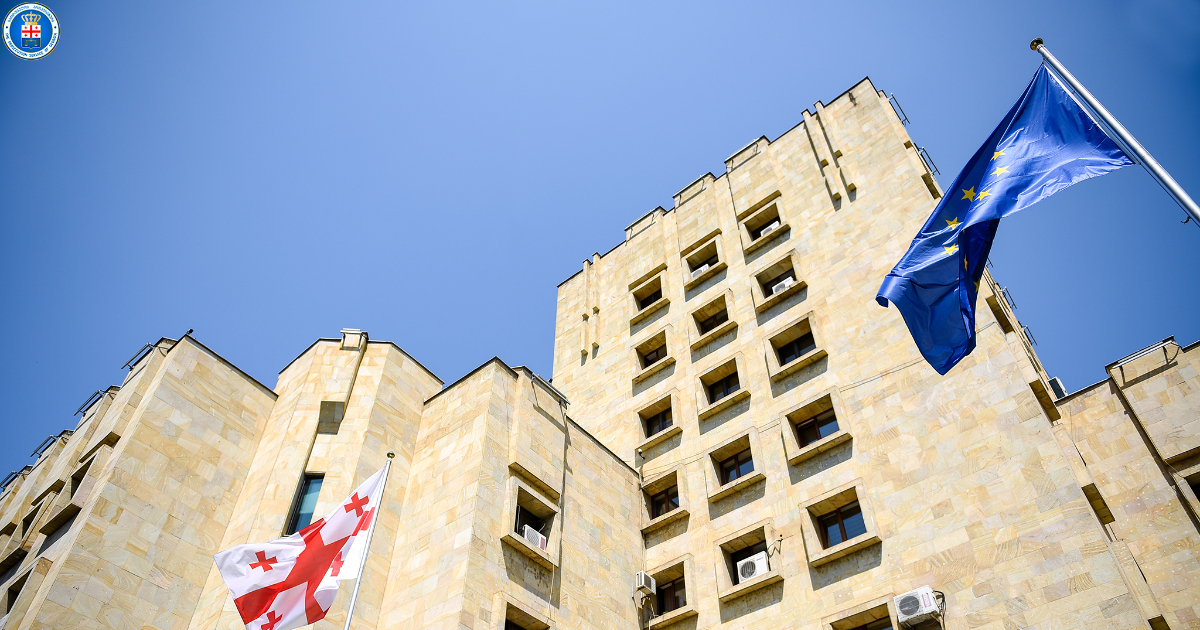From conflict to cooperation: How TRIPP corridor could transform South Caucasus

Author
Front News Georgia
At the historic peace meeting between the Republic of Azerbaijan and the Republic of Armenia held at the White House on Friday, with the presence of President Donald Trump, a historic document — the Joint Declaration — was signed, which will bring peace, stability, and prosperity to the region after more than three decades. This landmark document signaled that the Azerbaijan–Armenia Peace Agreement is near completion and announced the creation of a new regional corridor — the “Trump Route for International Peace and Prosperity” (TRIPP).
The initialing of the text of the peace treaty between Azerbaijan and Armenia confirmed that the text had been agreed upon. While initialing is not the same as signing, it is nonetheless a significant step toward peace. Azerbaijan and Armenia are now very close to final and sustainable peace. This agreement holds significant potential to move beyond symbolism and become a genuine foundation for lasting stability. Its strength lies in its ability to address the underlying political, economic, and connectivity issues that have fueled tensions for decades.
Past efforts often focused narrowly on halting hostilities without addressing underlying political issues. This time, there is stronger support from President Donald Trump for integrating peace with development and regional infrastructure, which makes the effort more comprehensive.
The Joint Declaration signed by the leaders of Azerbaijan and Armenia confirms that the two countries will jointly appeal to the OSCE Secretary General for the dissolution of the Minsk Group, which was established in the 1990s to resolve the conflict but played no role in ending the occupation or achieving peace. At the same time, it recognizes the necessity of “taking further steps to achieve the signing and ratification of the agreement” once the remaining terms are fulfilled. In other words, one of the main prerequisites for signing the final peace agreement — the necessity of amending the Armenian constitution — is confirmed.
Azerbaijan–US relations have generally developed in a positive and constructive manner, grounded in mutual respect and trust. Officially established on February 28, 1992, these ties — especially through the invaluable efforts of National Leader Heydar Aliyev — were built on shared interests, with energy cooperation serving as a cornerstone. Over the years, more than 80 state-level agreements have been signed, clearly reflecting the current high level of partnership between the two countries.
The re-election of Donald Trump as US President in 2024 gave a fresh impetus to bilateral relations. The two leaders exchanged phone calls and letters, with President Ilham Aliyev speaking favorably of Donald Trump in several speeches — particularly noting that no new wars began under his presidency and commending his commitment to family and traditional values.
Against this backdrop, President Ilham Aliyev’s working visit to Washington, at President Trump’s invitation, marked a turning point. The trip signaled not only a new phase in bilateral relations but also progress toward lasting peace in the South Caucasus and the creation of new investment opportunities for multiple countries.
During the visit, a Memorandum of Understanding was signed to establish a Strategic Working Group for further development of the “Charter on Strategic Partnership between the Republic of Azerbaijan and the United States of America.” This agreement is pivotal for advancing cooperation in regional connectivity (energy, trade, transit), economic investment (including artificial intelligence and digital infrastructure), defense, arms sales, and counterterrorism. It also paves the way for increased US technological and financial involvement in Azerbaijan. Additionally, the Trump administration signed a document suspending the application of Section 907 of the Freedom Support Act — a congressional amendment from 1992 that unjustly restricted direct US aid to Azerbaijan until it was repealed during Trump’s presidency.
President Ilham Aliyev’s visit thus stands as a significant diplomatic success, elevating Azerbaijan–US relations to a strategic partnership and advancing the cause of peace, security, and stability in the region. Under his leadership, Azerbaijan continues to strengthen its international standing while ensuring sustainable national development.
Parvana Valiyeva
Member of Azerbaijan Parliament
Member of Foreign and Inter-parliamentary Relations Committee
Tags:
Parvana Valiyeva




